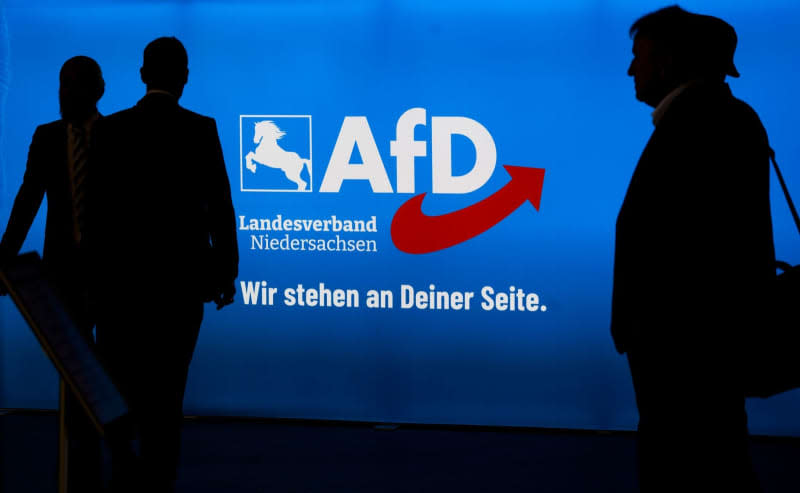Survey: German youth increasingly dissatisfied, would vote far-right

German teenagers and young adults are increasingly dissatisfied and likely to vote for the far-right Alternative for Germany (AfD), according to a survey published on Tuesday.
Among the 2,000 individuals aged 14 to 29 surveyed, 22% expressed intent to vote for the AfD if parliamentary elections were held now. That is more than double as two years ago, according to the survey. In 2022, 9% of young people voted for the AfD, compared to 12% last year.
Compared to previous years, the young generation is becoming increasingly dissatisfied, especially with their social and economic situation, according to the survey conducted online in January and February.
"We can speak of a clear shift to the right among the young population," said author Klaus Hurrelmann.
"While the parties of the [coalition] government continue to fall in popularity, the AfD is particularly popular," referring to the governing coalition of Social Democrats (SPD), Greens and liberal Free Democrats (FDP).
According to the survey, 18% of young people and young adults would vote for the Greens, compared to 27% in 2022.
The FDP slumped in the survey from 19 to 8% while the SPD dropped from 14 to 12%.
The conservative CDU/CSU improved from 16% to 20%, while the new populist Sahra Wagenknecht alliance came in at 5%.
The AfD is polling nationally at around 20%.
The party's signature issue is a hard-line anti-immigration stance, and the party is profiting from increased concern among many German voters over rising numbers seeking asylum in the country.
The classification of the AfD as a suspected right-wing extremist group by Germany's domestic intelligence service is the subject of an ongoing legal dispute.
Voters will head to the polls in three German states this year as well as the European Parliament election in June.

